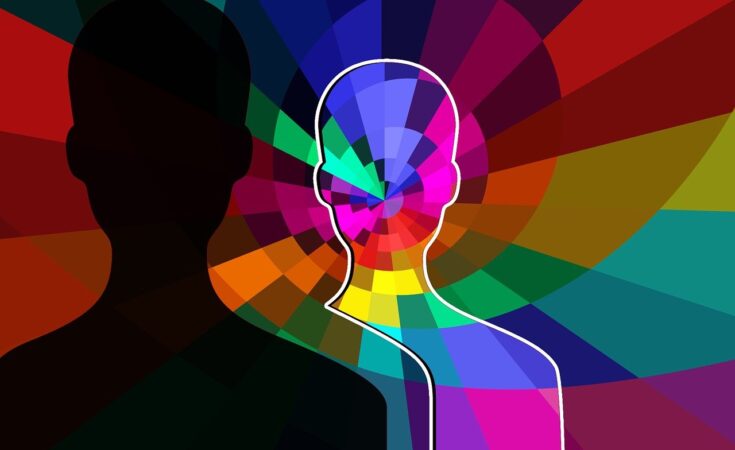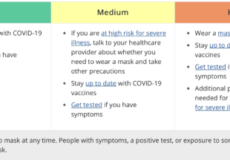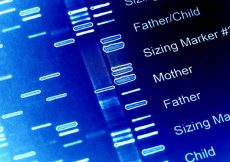
Psychoanalysis, a psychological discipline and method founded by Sigmund Freud in the early 20th century, is often perceived as a method reserved for adults with a certain degree of psychological maturity. However, the question of whether it is possible and beneficial to embark on psychoanalysis before the age of 21 warrants particular attention. This article aims to explore this question by referencing the founding fathers of psychoanalysis and examining the peculiarities of analytical work with young adults.
Psychoanalysis According to Freud, Jung, and Lacan
Sigmund Freud
Sigmund Freud, the father of psychoanalysis, developed fundamental concepts such as the unconscious, the id, the ego, and the superego. According to Freud, personality is primarily formed during the early years of life, with psychosexual stages of development profoundly influencing the adult individual. The period of adolescence and young adulthood represents a phase of consolidation of these developments. Freud emphasized the importance of exploring unconscious conflicts and defense mechanisms, crucial elements in the process of psychoanalysis, regardless of the patient’s age.
Carl Gustav Jung
Carl Jung, initially a disciple and later a dissident of Freud, expanded the field of psychoanalysis with his concepts of the collective unconscious and archetypes. For Jung, the period between 18 and 21 is often marked by the quest for identity and individuation, a process through which an individual becomes who they are meant to be. In this context, psychoanalysis can help young adults navigate the symbols and personal and collective myths that shape their psyche.
Jacques Lacan
Jacques Lacan, another pillar of psychoanalysis, introduced concepts such as the mirror stage and the importance of language and symbolic structure in the formation of the subject. Lacan emphasized the role of the Other and desire in the construction of identity. The period from 18 to 21, marked by significant choices and symbolic restructurings, can be particularly conducive to Lacanian psychoanalysis, which helps untangle symbolic knots and misunderstandings of desire.
Analytical Work with Young Adults
Specificities of Analytical Work from 18 to 21
The age range of 18 to 21 is a pivotal period where the individual stands at the crossroads between adolescence and adulthood. This transition comes with numerous psychic challenges, such as parental emancipation, self-discovery, life project construction, and managing romantic and friendship relationships.
Conflicts and Defense Mechanisms
Young adults are often confronted with internal conflicts related to autonomy and dependence. Defense mechanisms such as denial, projection, and rationalization can be particularly active at this age. Psychoanalysis allows these mechanisms to become conscious, facilitating a better understanding and management of emotions and behaviors.
Identity and Individuation
According to Jung’s theories of individuation, this period is crucial for identity formation. Psychoanalysis helps explore different aspects of the self and integrate shadow parts, fostering greater personal coherence and integrity.
Why Undertake Psychoanalysis at This Age?
Self-Knowledge
Psychoanalysis before the age of 21 can provide a safe space for self-exploration. Understanding one’s desires, fears, and internal conflicts allows for the construction of a more solid and authentic identity. This self-knowledge is essential before diving into the “big pool” of adult life, where responsibilities and choices multiply.
Preparation for Adulthood
The transition to adulthood involves significant decisions regarding studies, career, and relationships. Psychoanalysis can help clarify these choices by providing a better understanding of unconscious motivations and helping to overcome psychic obstacles.
Relationship Management
At this age, interpersonal relationships, whether familial, friendly, or romantic, play a central role. Psychoanalysis allows for the examination of relational dynamics, conflict resolution, and the development of healthier and more fulfilling relationships.
Beneficial at all ages
Psychoanalysis before the age of 21 is not only possible but can be extremely beneficial. Based on the teachings of Freud, Jung, and Lacan, we understand that this period of life is conducive to deep self-exploration. Analytical work at this age can facilitate a smoother and more conscious transition into adulthood, providing the necessary tools to better understand oneself and navigate the complexities of life.
Thus, embarking on psychoanalysis before the age of 21 can prove to be an enriching endeavor, laying the foundations for a fulfilling and authentic adult life.


































